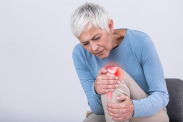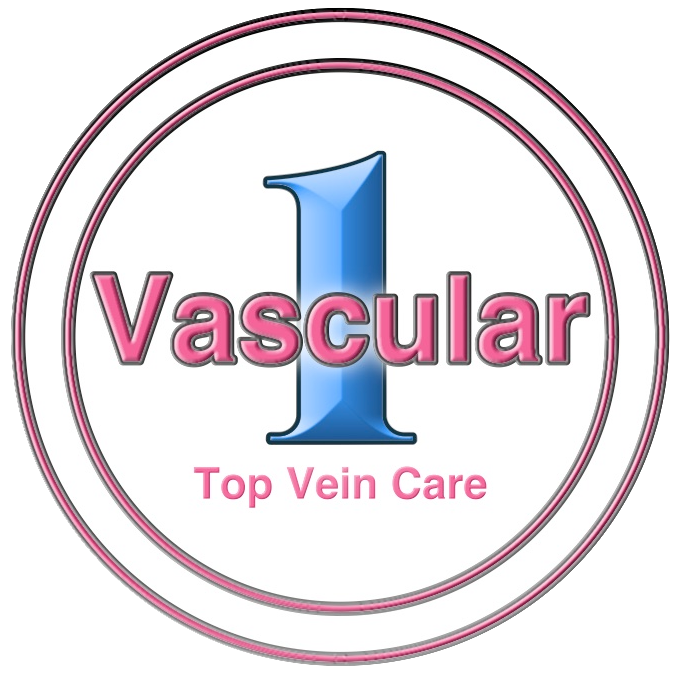What is GAE?
GAE (genicular artery embolization) is a minimally invasive treatment for knee pain caused by osteoarthritis. Osteoarthritis is a common disease among people in middle and later life. It’s caused by joint use over many years that wears away the protective cartilage at the ends of your bones. The unprotected bones rub against one another, causing joint pain, stiffness, and weakness. Osteoarthritis is a progressive condition resulting in severe, ongoing pain and disability. It can affect any joint but is often particularly bad in the knees. The inflamed lining if the joint or synovium can release inflammatory factors, further damaging the cartilage and causing a vicious cycle. GAE blocks the blood flow to your knee’s lining (synovium), and less blood flow reduces inflammation and pain. GAE doesn’t treat the cartilage damage causing your
osteoarthritis, but it can significantly reduce the pain and slow down some of the degenerative processes. Studies show that patients who’ve had GAE treatment report an average reduction in pain from eight (out of 10) to just three, a significant improvement.
What does GAE involve?
Our Physicians performs GAE as an outpatient procedure that usually takes approximately 1 hour. Twilight sedation is used during the procedure to make you sleepy and calm. The Physician inserts a catheter (a thin, hollow tube) into an artery in your upper thigh. Using X-ray images, they guide the catheter along the artery that supplies blood to the knee lining. When the catheter is in position, tiny gel particles are injected into your arteries to restrict the quantity of blood flowing into the tissues. Patients go home the same day after GAE. You should notice reduced pain after about two weeks as the inflammation in your knee lessens.
Is GAE the right treatment for me?
GAE is an excellent nonsurgical treatment for people with advanced knee osteoarthritis. When you first develop osteoarthritis, pain medication and physical therapy help ease your symptoms. But after a while, they become less effective. Steroid or hyaluronic acid injections into the knee can help when conservative treatments lose effectiveness. If these treatments stop working as arthritis worsens, and you are not ready or not a good candidate for surgery, GAE could be the answer. The best candidates for GAE are 40-80 years old with moderate to severe knee pain and no bony deformities in their joints. Call 1Vascular today or book an appointment online to find out if GAE can reduce your osteoarthritis pain.


